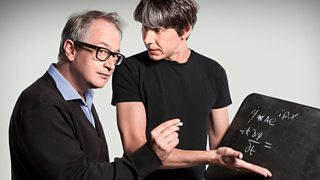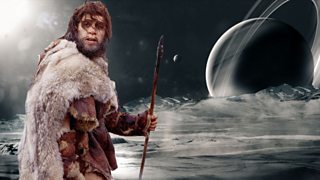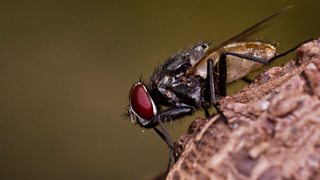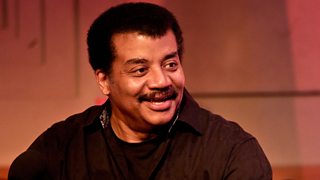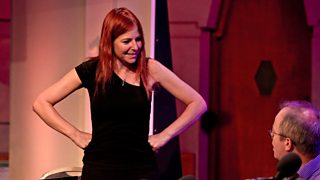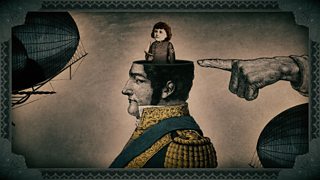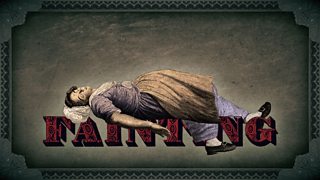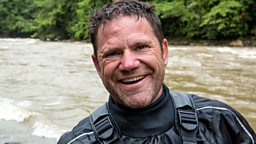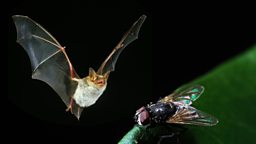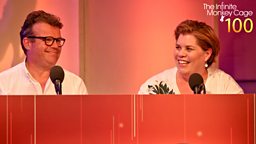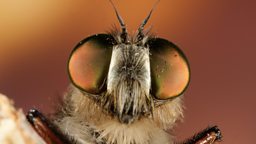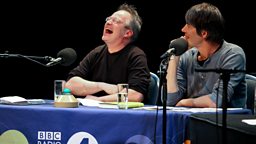Four good reasons why you should get into science
By comedian and Infinite Monkey Cage panelist Katy Brand
I wasn’t taught any maths until I was eight years old; we just did art and Jesus at my convent school. And the teaching of science at my secondary school was just as poor. My chemistry teacher didn’t have “any formal qualifications” and my physics teacher smelled of mints with a powerful undernote of vodka. We didn’t get much done.
Fast-forward to 2018, and somehow I find myself the most-booked guest on Radio 4’s flagship science programme, . I do not know how that happened but it has inspired me to learn as much as I can to make up for the years of science and maths I missed out on.


When I first appeared on the show, I felt sick with nerves. There were two Nobel Prize-winning scientists on the panel, and I was there with barely a GCSE in biology. I thought the best strategy was to be quiet, until I remembered it was a radio show and I was being paid to talk. I regrouped and thought, “I’ll just ask questions”. I am still asking them now, and the eminent scientists continue to answer them with dignified patience.
So here are some of the things I have learned from being among some of the most eminent scientists in the world:
1. Scientists like a good gossip as much as the rest of us
When I first did the show, I assumed that all scientists were immensely lofty intellectuals who were too busy figuring out how the Universe began, how to cure cancer, or how fruit flies have sex, to ever bother with more human level activities such as having a good gossip about some scandal or other involving a colleague. I was delighted to find this is not the case - it is reassuring to know they are just like me, only much, much cleverer.
2. Scientists love answering your questions, however stupid you may feel
This has been a pleasing discovery, and one I continue to exploit by making Brian Cox answer all my most embarrassingly childlike questions about space every time I see him: “Is time travel possible?”, “Could dark energy have memory and conscience?”, “Are the aliens already here?”.
Brian is always happy to oblige, as are all the other scientists I have met. I have now carved out my niche as “the one who doesn’t mind asking the stupid questions”, and with joy and enthusiasm the panel will explain things gently and patiently, as if I am a favourite, if struggling, undergraduate.
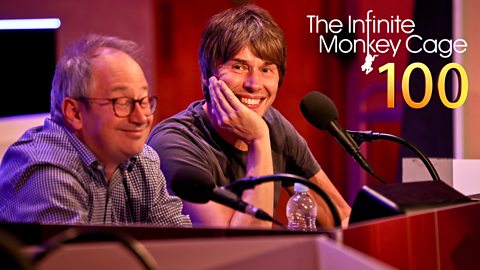
100th Episode TV Special
Brian Cox and Robin Ince present a TV special of their hit science/comedy panel show.
3. It’s never too late to take an interest
I have now accepted that I am unlikely to win the Nobel Prize for Physics, but it’s certainly not too late to improve your knowledge.
Luckily, I am starting from such a low bar that merely picking up a copy of Lett’s Revise GCSE Chemistry would be an excellent start, but even doing that is very rewarding. Feeling my brain expand and my understanding extend is exciting, and even momentarily grasping concepts such as how the Higgs boson works has made me a better, braver and more curious person.
4. If science and maths are well taught, everyone can do them
In the UK we so often hear teachers and parents refer to children having either a maths brain or a language brain, even when we are very young, and this is to put it politely, absolute rubbish.

South Korea, for example, makes all students study maths to the equivalent of A-Level standard, whether they like it or not, and most manage. There is no such thing as an either/or brain – we are all capable of both to a certain degree. So disregard what you have been told about yourself, and start rewiring your brain today.
And finally, a cautionary note...
Don’t begin a debate on a popular science show about how to tell when a strawberry is dead…
…for it will follow you around for your whole life, becoming part of the very fabric of your existence. Schroedinger’s Strawberry is possible both the best and worst thing to have happened to me as a result of The Infinite Monkey Cage. If you don’t believe me, look it up – it’s bigger than all of us now...!

